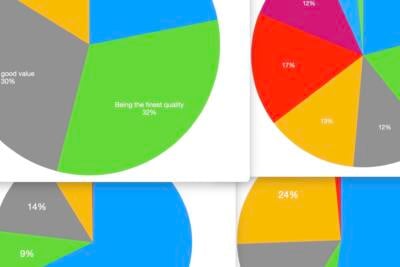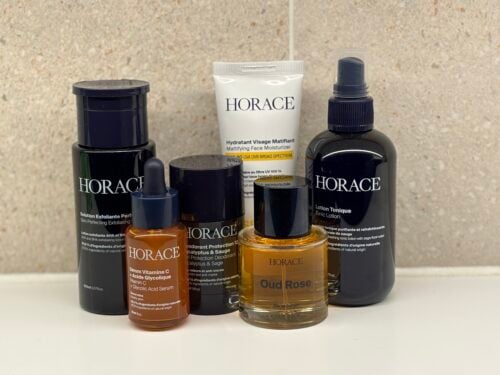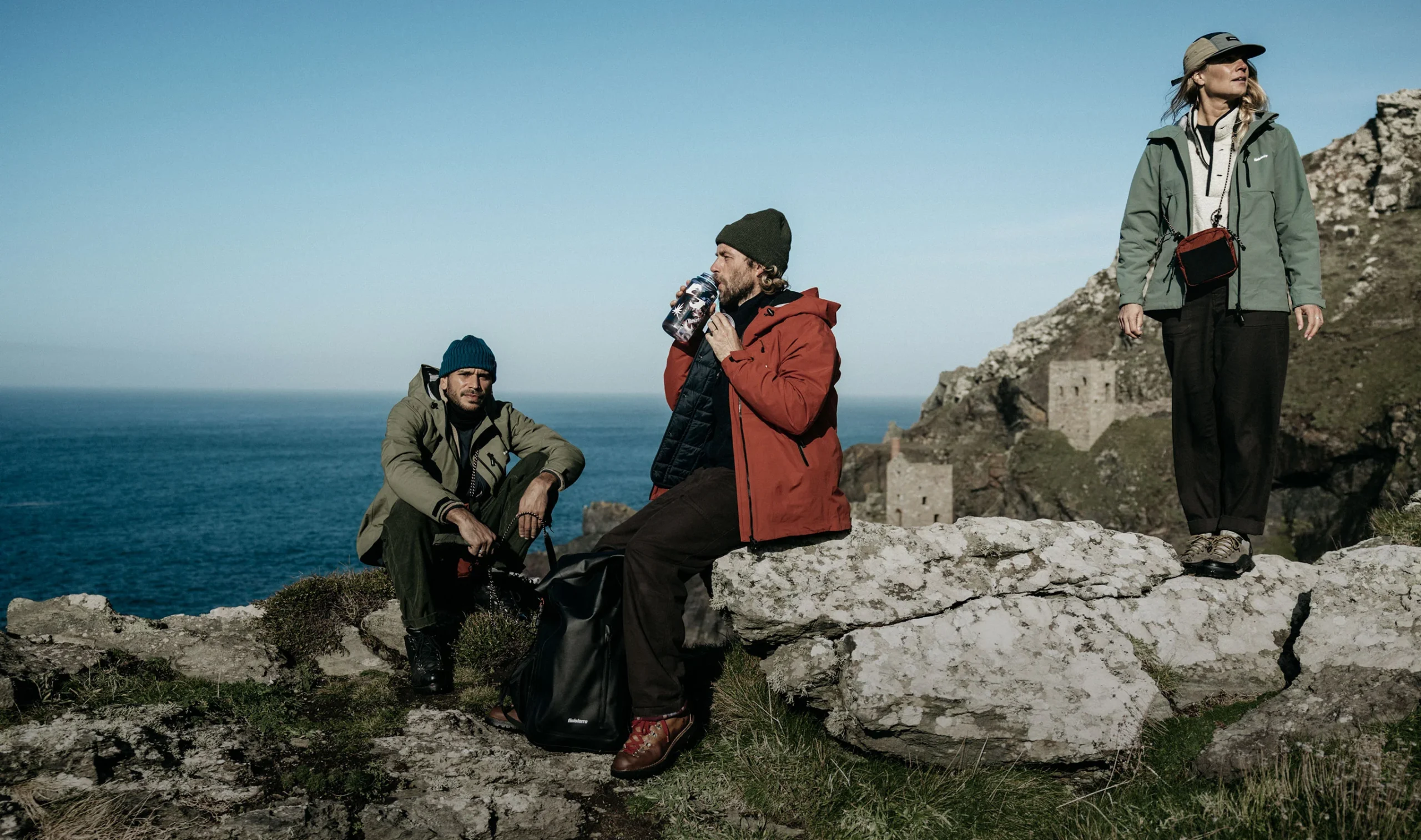Horace Skincare Review: Why Horace Is Dominating The Modern Man’s Bathroom Cabinet
Feb 21, 2026Younger people, less TikTok – Permanent Style
- Jul 6, 2024
- 0 Comments
306

The single most powerful thing about Permanent Style has always been its closeness to its audience. I have over 100 mini-conversations with readers every day in the comments; Lucas has half that again on the shop side. The suggestions for articles means we can never run out of content, and that content addresses reader concerns, rather than targeting fashion trends or SEO.
Still, there’s something particularly useful about asking readers targeted questions, all at once. It focuses the mind, and makes sure we have the most feedback possible on important questions. Readership surveys are the best way to do that.
We did our first in 2019, and completed our second a couple of weeks ago, five years later. Many of the questions were the same, so we could see how things have changed; others, for example on new media and business models, were new.
These are some of the results.
My biggest concern about PS right now is that we should be changing the medium we use. Blogs can seem very noughties: no one starts a blog today, they start an Instagram account or a YouTube channel. We are the biggest website for high-end menswear around, but perhaps that’s because we’re the only one left.
So, the first question I was interested in was, how old is the average reader? Is our audience gradually ageing, as it follows the generation that primarily used websites and blogs, and gaining no followers among younger people who use Instagram and TikTok?
The answer, reassuringly, was no. Back in 2019, the average age of a PS reader was 42. Today, it’s 41.5. They’re getting younger! Well, barely, but basically the same.
Given everyone has aged five years in that time, we must be picking up younger readers, particularly given traffic overall is up – 17% in that same period.
This age breakdown is what Google Analytics tells us too, but that’s a little fuzzy. More importantly, it’s what I see anecdotally. In the pop-up shops we often have fathers and sons coming in together, the father having told the son about the site with the good reviews. I particularly love seeing how two generations take the same clothes and principles, but style them very differently.
So how do those people feel about the media we use? This, by the way, is primarily the website. PermanentStyle.com always has more content. YouTube hosts the videos, but those are on the site too; Instagram gets extracts of the website. The only thing not on the site is IG stories and occasionally videos, like the off-hand Walkie Talkie ones we started recently.
Surprisingly, the proportion of people that consume PS primarily through Instagram has actually fallen, to 22% of respondents from 28% five years ago (even though we do more). And no one thinks we should start doing more on Reels or TikTok – a tiny 0.61% of people thought that was a good idea.
Interestingly, YouTube and Instagram have swapped places in the answers to the same question (which channel would you like to see more focus on?). It’s not a lot, but roughly 24% thought we should do more on YouTube, while 16% thought Instagram. Five years ago, those numbers were the other way around.
We then asked two questions about completely new media for PS: a subscription channel and a hard-copy magazine.
As I hopefully made clear in the comments, we have no plans to make PS paid-for. The existing business model that combines advertising and products works well. But given the rise of platforms such as Substack, it was worth asking. Indeed, I find it interesting that in some ways Substack is the return of old blog-style content from 20 years ago, just with different funding.
The feedback on the subscription model was encouraging, if we ever decide to go down that route. Just over half said they were happy to subscribe (1324 people) and the average they said they would pay was £7 ($10). That’s impressive given that at other publications I know, five times the number of people ended up paying than said they would, and for roughly twice the price.
It should be said that of course the survey audience is self-selecting. About 2400 people responded (100 less than last time) and they will by definition be among the most engaged. That’s why the data is always best combined with other analytics.
But given PS’s primary focus on providing value to its existing readers – rather than growing as big as possible, inevitably into the mainstream – this type of survey is of particular use. And the traffic shows we’re growing anyway.
Other interesting results included:
- Average reader income (mean) is £151k, up from £130k in 2019
- Average quarterly spend on clothes is £1,375, down from £1,420
- 1432 people said they would buy a hard-copy magazine
- Watches remains third among other reader passions, after food and travel
- Style advice and product reviews remain the most popular content types
There were a lot of good suggestions around improving the website and new products, but I won’t go into those here. Perhaps I’ll do that in the future when we make some of the changes.
I also should say congratulations to Thibault, who was selected to win the £500 PS-credit prize for taking part in the survey. He’s already bought himself an oxford shirt, a cotton sweater and Casual Style Guide. A nice bundle.
Overall, I was pleased and frankly relieved to see that we seem to be taking the right direction on media. TikTok and Reels might be big in society overall, but they’re not what PS readers want. It’s important, I guess, to not be swayed by talk of general trends at the expense of catering to your particular followers.
Generally our policy has always been to move with readers – to take up new ones when they start using them, but not before. It’s what we did on Instagram and it’s what I would assume we’d do on new media like TikTok. Surveys are crucial to making sure we get that right.
Lastly, I was amused by a recent conversation I had with a friend who used to work at a luxury menswear magazine we all know. He was amazed we printed detailed results of our survey, and were actually truthful about them. “Ours were entirely made up,” he said. “I mean, we definitely knew readers that earned $1million a year, but we had no idea what the average was, we never did a survey. So we just put $600k or something down as the average because it looked good.”
Here’s to having real numbers to talk about, and having pretty much all good news. It’s nice not having to make anything up.
Publisher: Source link







